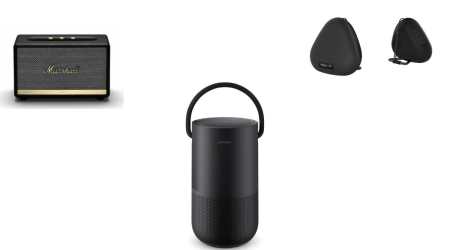
In sight of Sydney’s iconic Harbour Bridge, marine scientist Mariana Mayer Pinto gingerly steps into the dark waters to examine a seawall covered with hexagonal concrete panels marked with divots that are thronged with kelp, seaweed and barnacles.
About 50% of the natural shore of the harbour has been transformed by seawalls and pilings, which do not support biodiversity the same way a natural coastline would.
Sydney’s Institute of Marine Science (SIMS) with the help of scientists from the University of New South Wales (UNSW) and Macquarie University have crafted a solution using three-dimensional concrete panels in what they call the “Living Seawalls” project.
These pretty seawall panels are the latest expansion on a research project led by the @SydneyMarine. The team recently installed two types of panels on the rock walls to create microhabitats for water-loving critters such as snails and small crabs. pic.twitter.com/TdlxCiFA7u
— Port of Townsville (@townsvilleport) May 10, 2021
Specifically designed panels can be retrofitted onto existing seawalls, simulating the natural shoreline ecosystem that provides habitats for organisms such fish, algae and invertebrates that flat seawalls cannot.
“We have seen a total of more than 90 species colonising these diverse panels and we see 30 to 40 percent more species on the panels in the living seawalls then on the unmodified parts of the seawall,” said project co-leader Mayer Pinto, a professor at UNSW.
In just several months, the panels are colonised by marine life, and since many of the organisms are filter feeders like oysters and barnacles, the water quality of the harbour improves, Mayer Pinto said. Popular in Australia, the panels have also been installed in Wales and Singapore.
Lots of fish, happy kelp transplants and 3 m vis! What more could you want in the middle of Sydney Harbour? 😉 #urbanecology #ecoengineering @LendleaseGroup https://t.co/cuzQCrwK7D
— Living Seawalls (@LivingSeawalls) April 7, 2021
The project has also been selected as one of 15 finalists for the Earthshot Prize by the Royal Foundation of the Duke and Duchess of Cambridge. Mayer Pinto said that she hopes coastal structures built in the future would be ecologically sustainable, designed not only for humans, but also for nature. “I grew up on the ocean, the ocean’s my happy place so I really want my kids to be able to enjoy the ocean as I did growing up and for that we really need to take a bit more care of it.”
- The Indian Express website has been rated GREEN for its credibility and trustworthiness by Newsguard, a global service that rates news sources for their journalistic standards.

































